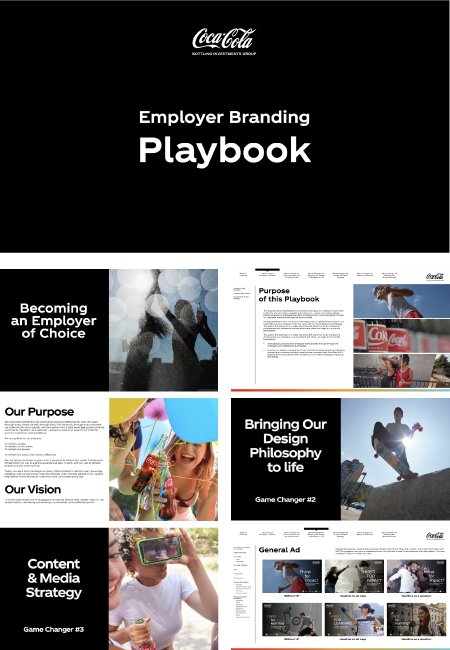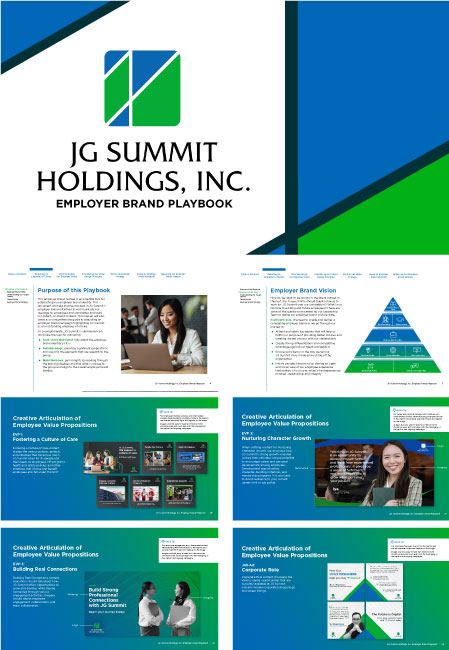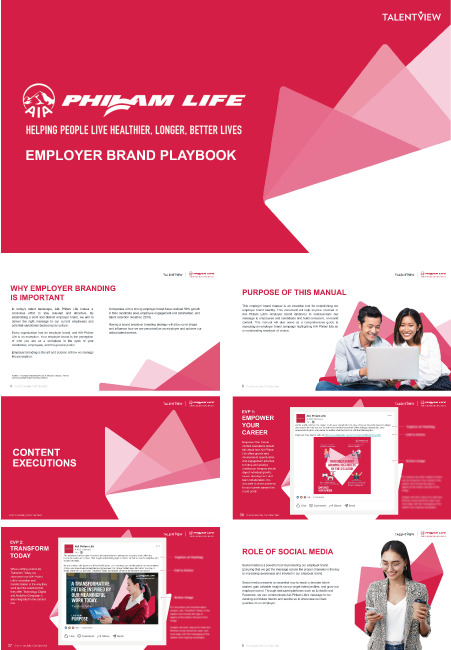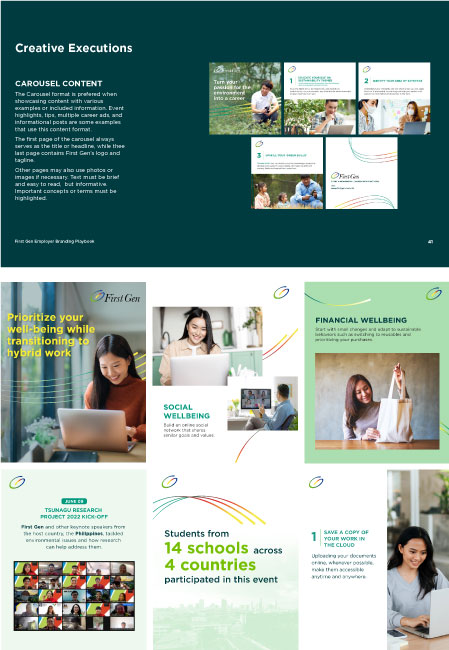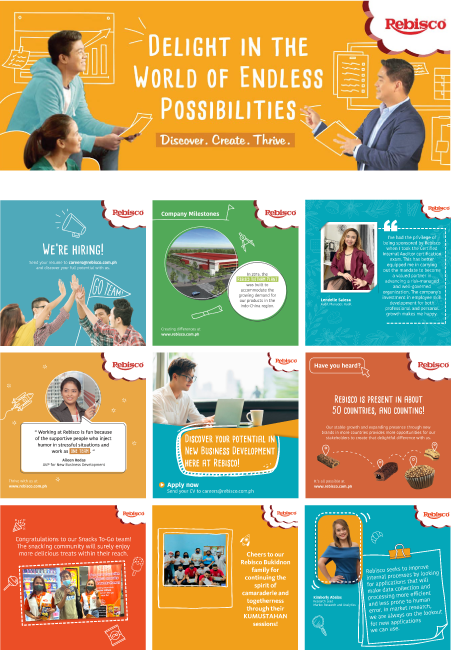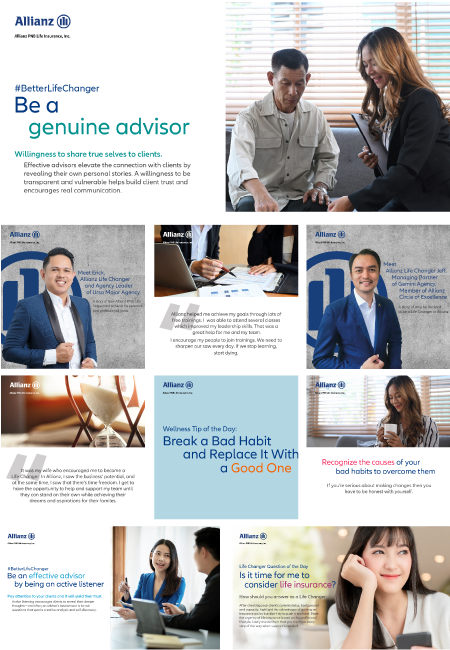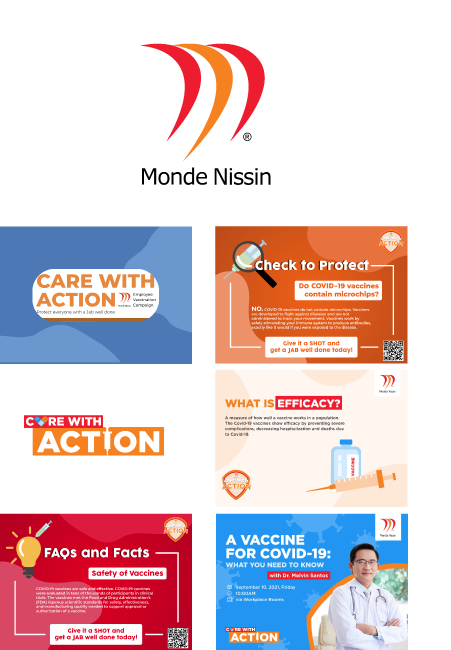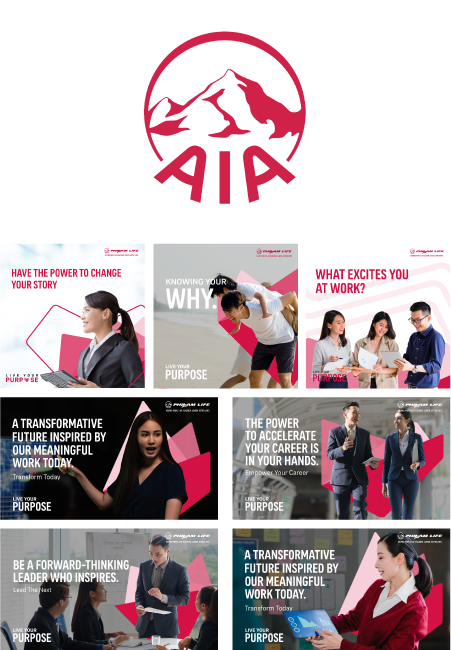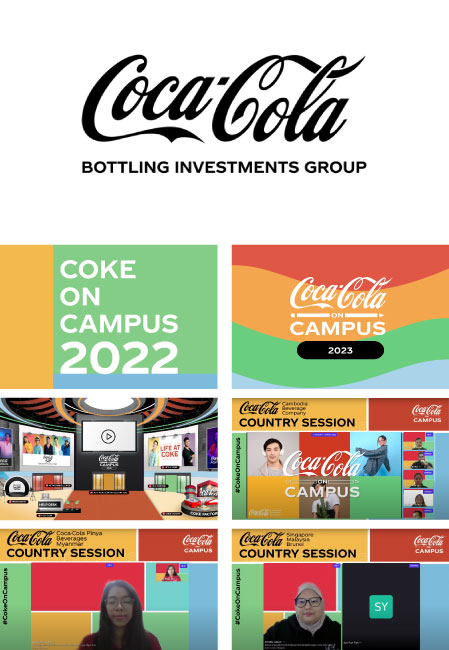Gen Z in the workplace: how to keep them happy
The Gen Z population is growing up and soon they’ll be one of the biggest groups in the workplace. What does this mean for business? We take a look.

Why is the Gen Z workforce so important?
Generation Z refers to anyone born between the years 1996 and 2010, with the oldest members of the group turning 27 in 2023. They are also the largest generation, accounting for nearly a third (32%) of the global population.
Like every generational group, Gen Z come with their own unique experiences and perceptions of the world. Here are few of the main characteristics that set Gen Z apart from their predecessors:
They’re digital natives
One of the most striking characteristics of Gen Z is their relationship with technology. Born into a world already armed with the internet, handheld devices, touchscreens and social media, Gen Z are the first generation to be considered ‘digitally native’.
This inherent understanding of technology brings with both positive and negative traits. On the plus side, Gen Z have grown up with unlimited information at their fingertips and can navigate it with ease, making them more naturally proactive when it comes to learning and independent research. However, this can also lead them to become easily bored and frustrated by repetitive tasks, especially if these tasks could be automated.
Diversity is their norm
Along with being the largest generation, Gen Z are also considered the most diverse generation yet. Pew Research finds that 48% of Gen Z identify as racially or ethnically diverse (based on a USA-focused study).
Ideas about gender and sexuality are also more diverse among Gen Z, who are more likely than those in older generations to say they know someone who prefers to go by gender-neutral pronouns. This is reflected in the way Gen Z expect businesses and authorities to identify them, with 59% of Gen Zers saying forms or online profiles should give additional gender options as alternative to “man” and “woman”, compared with just 50% of Millennials, 40% of Gen Xers and 37% of Boomers.
They suffer from loneliness
Increasingly referred to as the ‘loneliest generation’, Gen Z are far more likely to say they felt lonely growing up. The blame for this is often placed on technology, and more recently the pandemic. However, changes in family structure are another likely factor, with young adults marrying later and both parents going back to full time careers early in their child’s development.
Gen Zers haven’t grown out of this inherent sense of loneliness, and many will bring it with them to work. Indeed, a recent study by Cigna reveals 73% of Gen Z report feeling alone either sometimes or always — the highest level of any generation. Meanwhile, 72% of Gen Z report feeling shy, and 71% feel that no-one understands them.
They’re politically progressive
With global news and opinions live at their fingertips, Gen Z are more politically progressive than any generation that came before them, and their views differ from their elders in a number of key ways.
First, in their views on race, Gen Z are more likely than older generations to say black people are treated less fairly. They’re also more likely than older generations to believe the government should play a more active role in issues surrounding climate change, and roughly half of Gen Zers say legalizing gay and lesbian marriages is a good thing for society. (All data based on a USA survey by Pew.)
Financial security matters to them
Gen Z grew up watching their parents struggling through multiple economic downturns, including the financial crash of 2008, followed by the Great Recession and now the cost of living crisis. This has given them a savvy outlook when it comes to finances.
Economic security is of huge importance to Gen Z workers. Driven by pragmatism and security, they want stable incomes and to avoid debt at all costs.
Gen Z workplace expectations
The first Gen Z graduates entered the workforce in 2019, and they’re already setting a precedent for how the rest of their cohort will approach the world of work.
ThoughtExchange’s recent report, Gen Z At Work, outlines some of the key expectations Gen Z are bringing to the workplace:
96% of Gen Z employees say it’s important they feel valued, included, and empowered at work
80% want a job that allows them to explore and develop new skill sets, rather than focus on one skill
79% would like their manager to care about their personal development as much as their professional development
53% say they consider workplace benefits when looking for a new role – on average, Gen Z workers would be willing to take a 19% pay cut if it meant their non-salary needs were met
39% specifically look for remote working flexibility, and 71% of those in remote or hybrid work say they would not return to a fully in-person workplace
The Gen Z workforce have high expectations for ESG (environmental, social and governance) in the workplace. 73% would leave a company if business practices were not ethical, while 68% would leave if their business was not sustainable, 62% because of social differences and 58% due to political differences
Managing Gen Z
Here’s what you need to keep in mind when managing Generation Z in the workplace.
Focus on diversity and inclusion
According to an EY Survey, 63% of Gen Z employees believe it’s essential to work with people from different educational backgrounds and skill levels, while 83% think having people from different cultures is the most important element to building a team.
If your workforce is lacking in diversity, it might be time to rethink your hiring process. Work closely with your HR teams to create a hiring process that’s fair and open to workers from all backgrounds. There’s also plenty you can do to help build more community and connection within your existing team with the power of Workplace.
Encourage communication
Despite their fluency in digital communication technology, the Gen Z workforce value social interaction, with 51% preferring face-to-face communication. Encouraging these face-to-face interactions will go a long way in keeping Gen Z engaged in the workplace, creating a culture that fosters team collaboration and communication.
Some easy ways to achieve this include choosing video calls over voice calls, setting up regular team meetings and social activities, and encouraging managers to check in often, offering feedback and reviews of their performance.
Provide autonomy and ownership
Gen Z workers don’t want to do the same job forever – they are role hoppers. This makes it important to give your Gen Z workforce ample opportunity to learn and grow beyond their current role.
Managers should take advantage of Gen Z's independence and self-motivation by entrusting them with extra-curricular responsibilities and giving them the opportunity to share their ideas. Give them the tools for independent research and nurture their interests to encourage both personal and professional development.
Offer flexibility
Gen Z entered a working world where remote and hybrid work were already widely accepted. Because of this, flexibility in the workplace has become an expectation of Gen Z employees.
With more than a third of Gen Z graduates looking specifically for flexible working contracts, companies should try to provide as much flexibility as possible for their workers.
Create a positive company culture
With the lines between work and home more blurred than ever, Gen Z employees expect their working lives to feel as positive as their personal lives. Gen Z employees want to feel valued in the workplace and for the connections they make with colleagues and managers to feel as personal as possible.
Building a positive company culture is key to motivating Gen Z in the workplace. This can be achieved through a combination of good communication, business transparency and understanding expectations when it comes to role progression, salary and benefits.
Provide financial stability and wellness perks
Financially savvy, Gen Z are in pursuit of security and will know if their salary and perks fall below standard. So much so that 70% of Gen Z employees describe salary as their top motivator. Gen Z employees are also far more likely to value perks such as health insurance and wellness benefits, above perks like free food.
Offer Gen Z employees a competitive salary with perks tailored to their needs. Companies should be ready to negotiate, and open to introducing or exchanging benefits to meet the changing expectations of their workforce.
This article first appeared in Workplace Blog:
Learn How to plan an employee experience (EX) strategy with Workplace


TalentView is a leader in employer branding strategy, design and technology. With teams across the ASEAN region, TalentView’s professional solutions help to create memorable experiences across the talent lifecycle to attract, engage and retain talent. Working directly with business leaders in Fortune 1000 companies, TalentView is well-positioned to provide talent insights and is an accredited partner of key global players including Workplace from Facebook, Talegent, Indeed, Hootsuite, Digimind and PhoenixATS.
Copyright © TalentView Asia, 2023 | Privacy Policy





